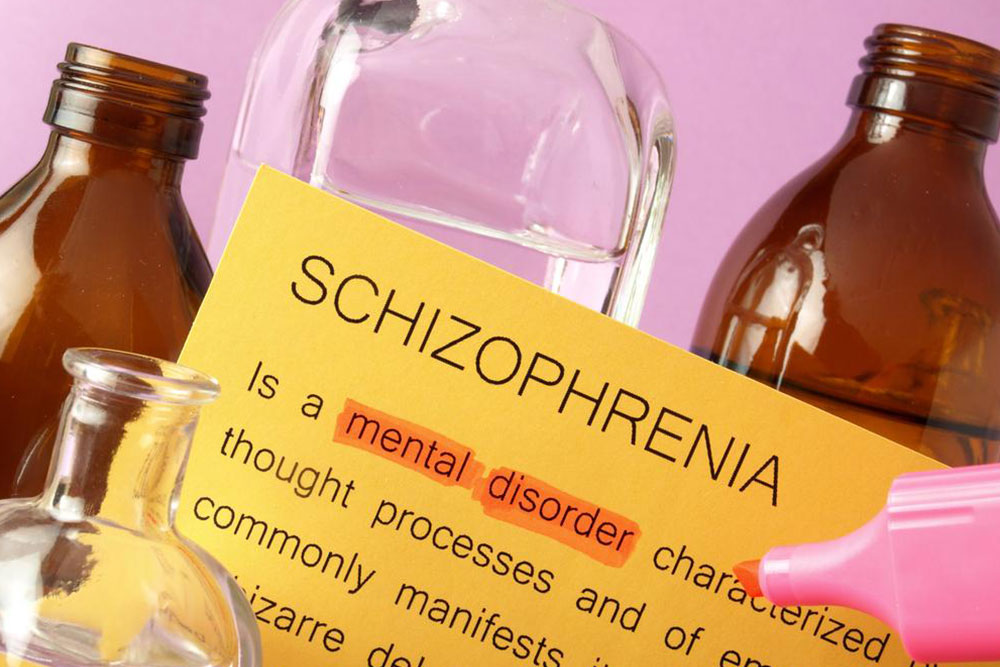Understanding Depression: Key Insights into this Mood Disorder
This comprehensive overview explores depression, its symptoms, causes, and risk factors. Recognized globally as a leading cause of disability, depression affects individuals differently based on gender and personal circumstances. Early intervention and understanding are vital for effective treatment and improved quality of life.
Sponsored

Depression is a mental health condition characterized by persistent feelings of sadness, emptiness, and loneliness. It often causes a loss of interest in daily activities and hobbies, leading to social withdrawal. If untreated, it can impair personal and professional life significantly. According to the World Health Organization, depression ranks as the leading cause of disability worldwide. Its duration can vary from a few weeks to several years, making early diagnosis and treatment crucial.
Some common symptoms of depression include:
Persistent low mood and mood swings
Loss of interest in previously enjoyed activities
Reduced or increased appetite leading to weight changes
Sleep disturbances
Restlessness and agitation
Fatigue and low energy levels
Feelings of guilt or worthlessness
Difficulty concentrating and making decisions
Thoughts of self-harm or suicide
Women tend to experience symptoms like anxiety, irritability, and rumination more frequently, and depression is twice as common among women compared to men. Men, on the other hand, may exhibit social withdrawal, overworking, and sometimes abusive behavior.
Causes of depression include:
Trauma or abuse: Childhood or ongoing physical, sexual, or emotional abuse significantly increases risk.
Medications: Some drugs may temporarily cause depression as a side effect.
Life conflicts: Disputes with family, friends, or at work can trigger depression.
Loss and grief: The death of loved ones can lead to depression, especially if symptoms persist longer than typical grief.
Genetics: A family history of depression raises susceptibility.
Major life changes: Events like marriage, career shifts, or divorce may contribute.
Chronic illnesses: Underlying health issues often have a depressive impact.
Risk factors encompass genetics, stress, substance use, medical conditions, brain chemistry, and nutrition. Hormonal changes post-childbirth may lead to postpartum depression in women. Addressing these factors early is essential for effective management.






